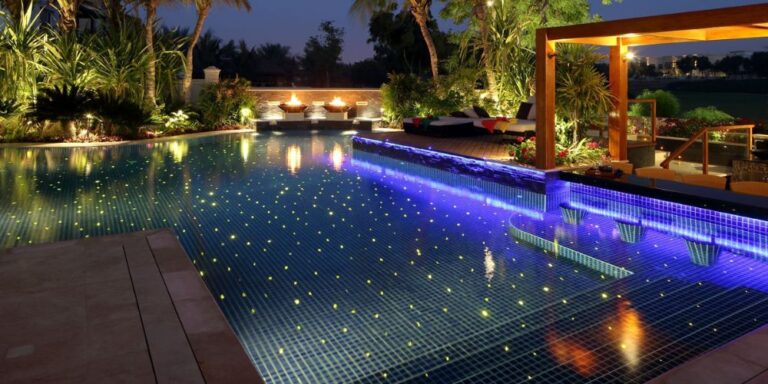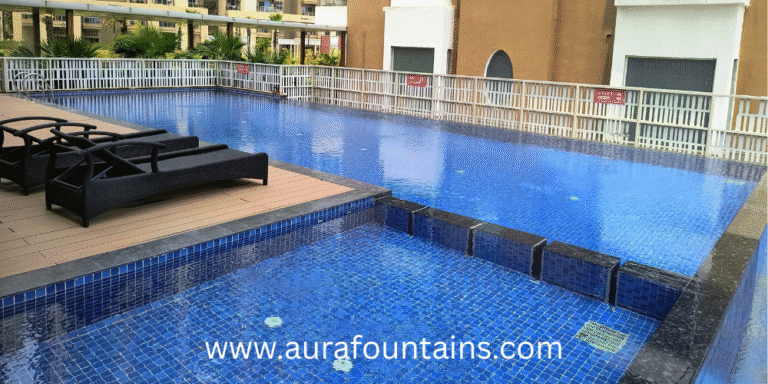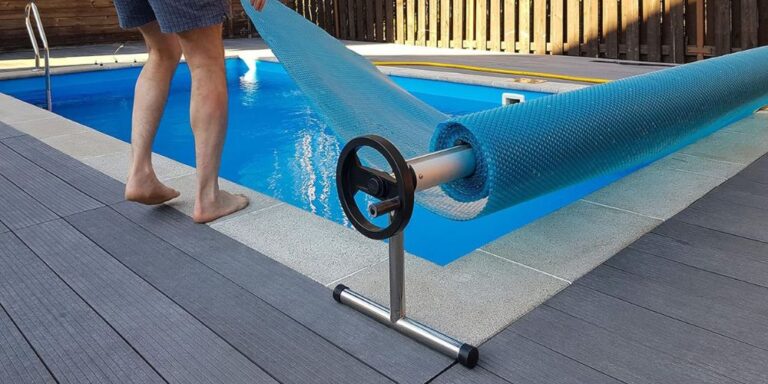When it comes to maintaining a clean and inviting swimming pool, one of the most crucial components is the pool filtration system. A well-functioning pool filter ensures the water remains clear, safe, and free from debris, bacteria, and contaminants. There are several types of pool filters available, each with its own set of advantages and disadvantages. Understanding the different options can help you choose the best system for your pool’s needs. In this blog, we’ll explore the most common types of pool filter systems, along with their pros and cons, to help you make an informed decision.
Sand Pool Filters
How It Works: Sand filters are one of the most common types of pool filters. They use a special kind of pool-grade sand to trap debris and particles as water flows through them. The water enters the filter tank, passes through the sand bed, and the debris is captured while clean water is sent back into the pool.
Pros:
- Affordable and Low Maintenance: Sand filters are generally less expensive than other types of filters, both in terms of initial cost and maintenance. The sand needs to be replaced only every 5–7 years.
- Simple Operation: These filters are easy to operate and don’t require much technical knowledge.
- Durable: Sand filters can last a long time when properly maintained.
Cons:
- Less Efficient at Capturing Smaller Particles: While sand filters are great for larger debris, they are not as efficient at capturing smaller particles, which can lead to less-than-perfect water clarity.
- Frequent Backwashing: Sand filters require regular backwashing to remove trapped debris, which can waste a considerable amount of water.
Cartridge Pool Filters
How It Works: Cartridge filters use a pleated filter element, typically made of polyester or paper, to trap debris. Water flows through the cartridge, and the trapped particles stay inside while clean water returns to the pool.
Pros:
- Better Filtration: Cartridge filters are more effective at capturing smaller particles compared to sand filters, leading to cleaner water.
- Low Water Waste: Unlike sand filters, cartridge filters don’t require frequent backwashing, which makes them more water-efficient.
- Ease of Maintenance: Cartridges are easy to remove and clean, and they usually only need replacement every 1-3 years.
Cons:
- Higher Initial Cost: Cartridge filters tend to have a higher upfront cost compared to sand filters.
- Regular Cleaning: While they don’t require backwashing, cartridge filters need regular cleaning to maintain their efficiency, which can be a bit labor-intensive.
DE (Diatomaceous Earth) Pool Filters
How It Works: DE filters use a fine powder made from fossilized diatoms to coat a grid inside the filter. As water passes through, the DE powder traps even the smallest debris, resulting in crystal-clear water. DE filters are often considered the most efficient type of pool filter.
Pros:
- Superior Filtration: DE filters can capture the smallest particles (as small as 1 micron), providing the clearest water of all pool filter types.
- Effective in Large Pools: These filters are particularly useful for larger pools, as they can handle high volumes of water while maintaining excellent filtration.
Cons:
- High Maintenance: DE filters require regular cleaning and recharging with fresh DE powder, which can be time-consuming and messy.
- Higher Operating Costs: The initial cost of DE filters is higher, and over time, you’ll need to purchase DE powder for maintenance.
- Complex Operation: DE filters are more complicated to operate and maintain than sand or cartridge filters, requiring a higher level of expertise.
Glass Pool Filters
How It Works: Glass filters use crushed glass media as a filtering agent, which is often an eco-friendly alternative to sand. The glass works similarly to sand, trapping debris and particles as water flows through it.
Pros:
- Better Filtration Efficiency: Glass filters are more efficient than sand filters at capturing smaller particles, leading to cleaner water.
- Environmentally Friendly: Glass media is a sustainable option, as it’s made from recycled glass, making it a greener choice compared to other types of media.
- Less Backwashing: Glass filters require less backwashing than sand filters, reducing water waste.
Cons:
- Higher Initial Cost: Glass media is generally more expensive than traditional sand.
- Not as Effective as DE Filters: While glass filters are more efficient than sand, they still don’t match the filtration capabilities of DE filters.
Zodiac or Robotic Pool Filters
How It Works: Unlike traditional filters, robotic pool cleaners use their own filtration systems to clean the pool as they move along the floor, walls, and surface of the pool. These systems are typically self-contained and do not rely on the pool’s main filtration system.
Pros:
- Comprehensive Cleaning: Robotic pool cleaners are great at removing both debris and fine particles from all parts of the pool, including walls and corners.
- Minimal Pool System Stress: Because they have their own filtration system, they don’t put a strain on your pool’s main filtration system.
- Convenient: Robotic pool cleaners require less manual effort and can be left to clean on their own.
Cons:
- Expensive: Robotic pool cleaners are one of the more expensive options in terms of both initial cost and maintenance.
- Power Consumption: These devices can be power-hungry, adding to electricity costs.
Aura Fountains
Aura Fountains is a top choice for adding elegance and functionality to swimming pools in India. Specializing in custom water features, Aura Fountains enhances pool designs with beautiful and soothing installations that improve the ambiance and provide cooling effects. For swimming pool manufacturers in India, Aura Fountains offers a perfect solution to create luxurious and visually striking pools, combining aesthetic appeal with practical benefits.
Conclusion
Choosing the right pool filter depends on factors like your pool size, budget, maintenance preferences, and the level of filtration you desire. Sand filters are a good option for those looking for an affordable, low-maintenance solution, while cartridge filters offer better filtration efficiency and water savings. DE filters are ideal for those who want the highest level of filtration, but they come with more maintenance. Glass filters strike a balance between performance and eco-friendliness, while robotic pool cleaners provide an innovative and thorough cleaning solution. By understanding the pros and cons of each type, you can make the best choice to keep your pool clean and inviting all year round.
Don’t miss: How Fountains Enhance Microclimates in Urban Areas





